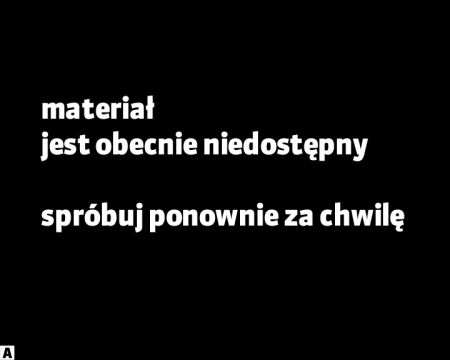The halting of the gas flow was felt immediately in the mainly Russian-speaking territory of about 450,000 people, which split from Moldova in the early 1990s as the Soviet Union collapsed. Russia has about 1,500 troops stationed there.
“There is no heating or hot water,” an employee of local energy company Tirasteploenergo told Reuters by phone from Tiraspol, the regional capital. She said she did not know how long the situation would last.
Transnistria was receiving Russian gas via Ukraine until the early hours of Wednesday, when that supply route was halted after the expiry of a transit deal between the warring countries.
A statement on the local energy company’s website said the heating cuts took effect at 7 a.m. local time, but some facilities such as hospitals were exempt.
It urged residents to dress warmly, gather family members together in a single room, hang blankets or thick curtains over windows and balcony doors, and use electric heaters.
“It is forbidden to use gas or electric stoves to heat the apartment - this can lead to tragedy,” the company said.
‘We will hold on’
The temperature in Tiraspol was 4 Celsius on Wednesday. Olga, a 42-year-old mother of two who lives in an apartment block in the city, said virtually no heat was coming from the radiators.
“We prepared two rooms for this emergency and installed electric fireplaces there for heating, since they promised not to disconnect us from the electricity,” she said.
“So, we will hold on like this, hoping that this whole situation with gas is temporary, and that Transnistria will soon have gas.”
Transnistria’s parliament appealed last month to the Kremlin and the Russian parliament to reach a new agreement with Ukraine to enable gas supplies to continue. Moscow said at the time it would protect its citizens and soldiers in Transdniestria.
Until the expiry of its gas transit deal with Ukraine, Russia was pumping about 2 billion cubic meters of gas to Transnistria, to a power plant that provided energy for the whole of Moldova.
Moldova disputes gas debts that Russia says it owes. It accuses Moscow of exploiting its energy dependence to destabilize the country, something Russia denies.
The Moldovan government says it is taking measures to reduce the country's energy consumption by at least a third. Constantin Borosan, state secretary at the energy ministry, on Wednesday thanked citizens for taking measures to cut demand.
“We are already seeing positive results. Peak loads are no longer as sharp as they used to be: very sharp in the morning, very sharp in the evening. The load curve has smoothed out, and this helps the energy system,” he said.
State energy firm Energocom said in a statement on Tuesday that 38% of Moldova’s energy needs would be met by domestic production, including 10% from renewable energy, and the remaining 62% would be imported from neighboring Romania.
